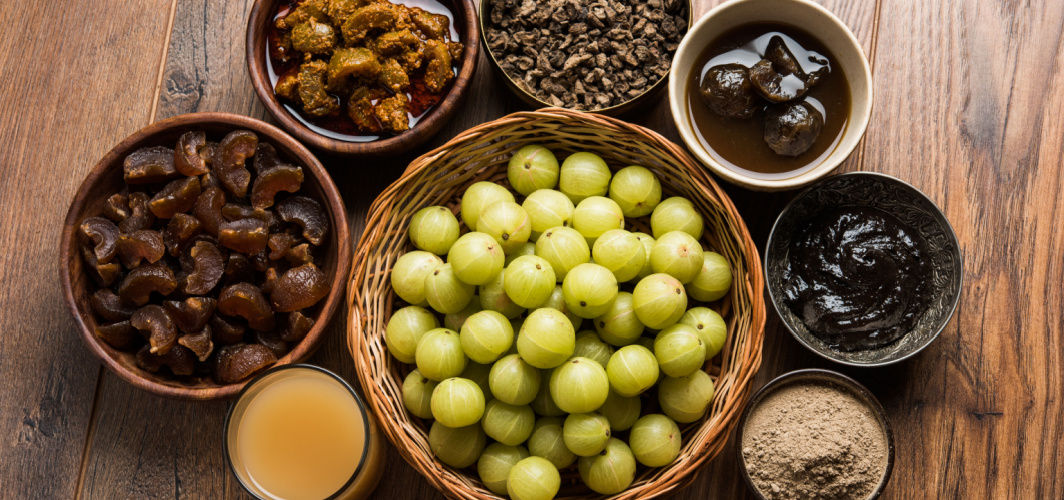General Health
What Causes Kidney Stones?
3 min read
By Apollo 24/7, Published on - 23 December 2021, Updated on - 09 May 2024
Share this article
5
19 likes

The waste from the blood is removed from the body through urine, and this function is performed by the kidneys. When the body does not produce enough urine and too much waste is collected in the blood, it can form kidney stones. Once formed, the stones may stay inside the kidney or pass out of the body through the urine. However, if the stones do not pass, they can cause a back-up of urine, resulting in pain.
Drinking less water, obesity and certain medical conditions can cause kidney stones. In this article, we will explore the main causes and the risk factors of kidney stones.
How are kidney stones formed?
Urine contains substances such as uric acid, calcium, oxalates, and phosphates that are passed out of the body through the urinary system. However, when they do not pass through because of low urine volume, these substances become concentrated and begin to crystallize, forming kidney stones.
What are the symptoms of kidney stones?
Based upon the size of the stone, one may not even realize that they have it. However, small stones can also cause extreme pain as they move out of the kidneys and exit the body through the urinary tract. When the stone is large, it can get trapped in the ureters and may cause bleeding. Large stones can also keep the urine from exiting the body.
Common symptoms of kidney stones include:
- Severe lower back pain or pain in the side of the body. This pain is usually sporadic, and can vary in intensity.
- Blood in urine
- Nausea and vomiting
- Fever and chills if there is an infection
- Urine that is cloudy or foul-smelling
- Pain while urinating
- Frequent urge to urinate
What causes kidney stones and what factors can increase the risk?
Low urine volume resulting from dehydration is the most common cause of kidney stones. The other causes include:
- Eating foods containing stone-forming substances like phosphates (For example - fish, meat, and beans).
- A family history of kidney stones.
- Urinary tract blockage.
- Medical conditions such as high blood pressure, Hypercalciuria (high levels of calcium in the urine), obesity, diabetes, osteoporosis, gout, kidney cysts, inflammatory bowel disease, and a few surgical procedures.
- Medications like diuretics, certain antibiotics, calcium-based antacids, and medicines to treat seizures and HIV infections.
- Meats, poultry, and a diet high in sodium and sugars (e.g. sucrose, fructose, and corn syrup).
How are kidney stones treated?
Some small kidney stones may leave the body through urine on their own. However, if kidney stones lead to severe pain or complications, the treatment options include:
- Medications for relieving pain, managing nausea or vomiting, and relaxing the ureter to help the stones pass.
- Surgery for larger kidney stones, which may involve removing the stones manually or breaking the stones into smaller pieces.
Can kidney stones be prevented?
Identifying the risk factors and adopting healthy lifestyle habits can help prevent the formation of kidney stones. Some tips include:
- Drinking around 6 - 8 glasses of water every day to flush substances that can lead to kidney stones.
- Limiting salt intake.
- Losing weight if one is overweight.
- Taking medications as prescribed by the doctor to help prevent kidney stones.
- Avoiding carbonated drinks and those containing added sugar or fructose corn syrup.
- Eating fruits rich in citrate, such as lemon, oranges, limes, melons, etc.
- Drinking coffee, albeit in moderation.
Conclusion
Although kidney stones can be painful and frustrating, they pass out of the body on their own in most cases. Unless they cause complications or long-lasting symptoms, the only treatment that may be needed are pain-relievers. You may be advised to drink a lot of water to help the stones pass. Kidney stones tend to recur multiple times throughout life. Therefore, staying well-hydrated and making dietary changes can help prevent kidney stones in the long run.
General Health
Leave Comment
Recommended for you

General Health
Vitamin C Deficiency: Overcome It With These 5 Amla Supplements
Vitamin C, also called ascorbic acid, is an essential water-soluble nutrient. Since it is not produced and stored in the body, it has to be obtained daily through food or supplements. It helps in fighting infections like flu, cold, and cough.
.jpg?tr=q-80)
General Health
Thyroid and Hair Loss: Understanding the Connection
Thyroid disorders are among the most common chronic conditions affecting multiple lives. The chances of thyroid issues developing in women are five to eight times higher than in men.
.jpg?tr=q-80)
General Health
Custard Apple Benefits: A Nutrient-Rich Superfruit for a Healthy Diet
Discover the numerous health benefits of custard apple, from boosting immunity to improving digestion. Learn how its rich nutrient profile makes it a great addition to your balanced, healthy diet.
Subscribe
Sign up for our free Health Library Daily Newsletter
Get doctor-approved health tips, news, and more.
Visual Stories

Could There Be More to Your Snore?
Tap to continue exploring
Recommended for you

General Health
Vitamin C Deficiency: Overcome It With These 5 Amla Supplements
Vitamin C, also called ascorbic acid, is an essential water-soluble nutrient. Since it is not produced and stored in the body, it has to be obtained daily through food or supplements. It helps in fighting infections like flu, cold, and cough.
.jpg?tr=q-80)
General Health
Thyroid and Hair Loss: Understanding the Connection
Thyroid disorders are among the most common chronic conditions affecting multiple lives. The chances of thyroid issues developing in women are five to eight times higher than in men.
.jpg?tr=q-80)
General Health
Custard Apple Benefits: A Nutrient-Rich Superfruit for a Healthy Diet
Discover the numerous health benefits of custard apple, from boosting immunity to improving digestion. Learn how its rich nutrient profile makes it a great addition to your balanced, healthy diet.